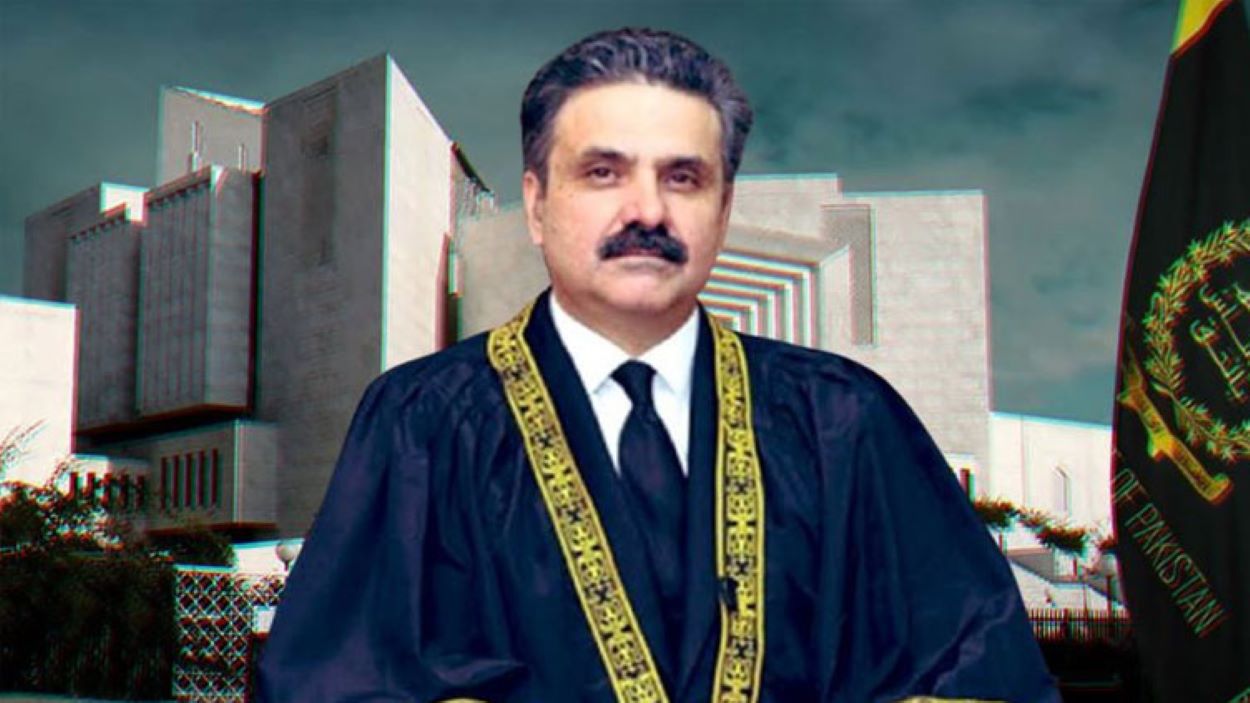The Supreme Court has withdrawn the contempt notice against Additional Registrar (Judicial) Nazar Abbas and sent the case file to Chief Justice of Pakistan (CJP) Yahya Afridi to form a full court to address the powers of committees involved in case fixation.
The two-member bench, comprising Justice Mansoor Ali Shah and Justice Aqeel Ahmed Abbasi, issued a 20-page verdict stating that Additional Registrar Abbas did not intentionally disregard the court’s order for fixing cases before the bench. The verdict dismissed the show-cause notice for contempt proceedings.
The case centred around a misunderstanding regarding the fixation of cases, including one involving the challenge to the vires of the Customs Act 1969. Abbas had mistakenly assigned cases meant for the Supreme Court’s constitutional bench to a regular bench. Later hearings revealed that the case was ultimately moved to the appropriate constitutional bench.
In its judgment, the court accepted Abbas’s defence that he did not have the authority to form the bench of judges and only informed the competent authority, which he did promptly. The verdict stated that his failure to follow the court’s directions did not amount to deliberate contempt.
Read: Nazar Abbas Alleges Double Jeopardy in Appeal After Supreme Court Removal
The judgment addressed the contentious issue of the powers granted under the SC (Practice and Procedure) Act, 2023, and the constitutional bench committee under Article 191-A. The bench raised two key legal questions. The court ruled that once a case is assigned and partially heard, the Chief Justice cannot reassign it to another bench without specific judicial justification.
The judgment stressed that interfering in a case already under judicial proceedings undermines judicial independence, a fundamental principle of the judicial system. It cautioned against the arbitrary reconstitution of benches, noting that such actions could harm the judiciary’s integrity and erode public confidence.
Secondly, the court determined that committees cannot reverse the effect of a judicial order, such as transferring a case to a different bench after the hearing is set. The verdict concluded that the committees’ administrative decisions to nullify judicial orders were unlawful and stripped the regular bench of its power to make jurisdictional decisions.






